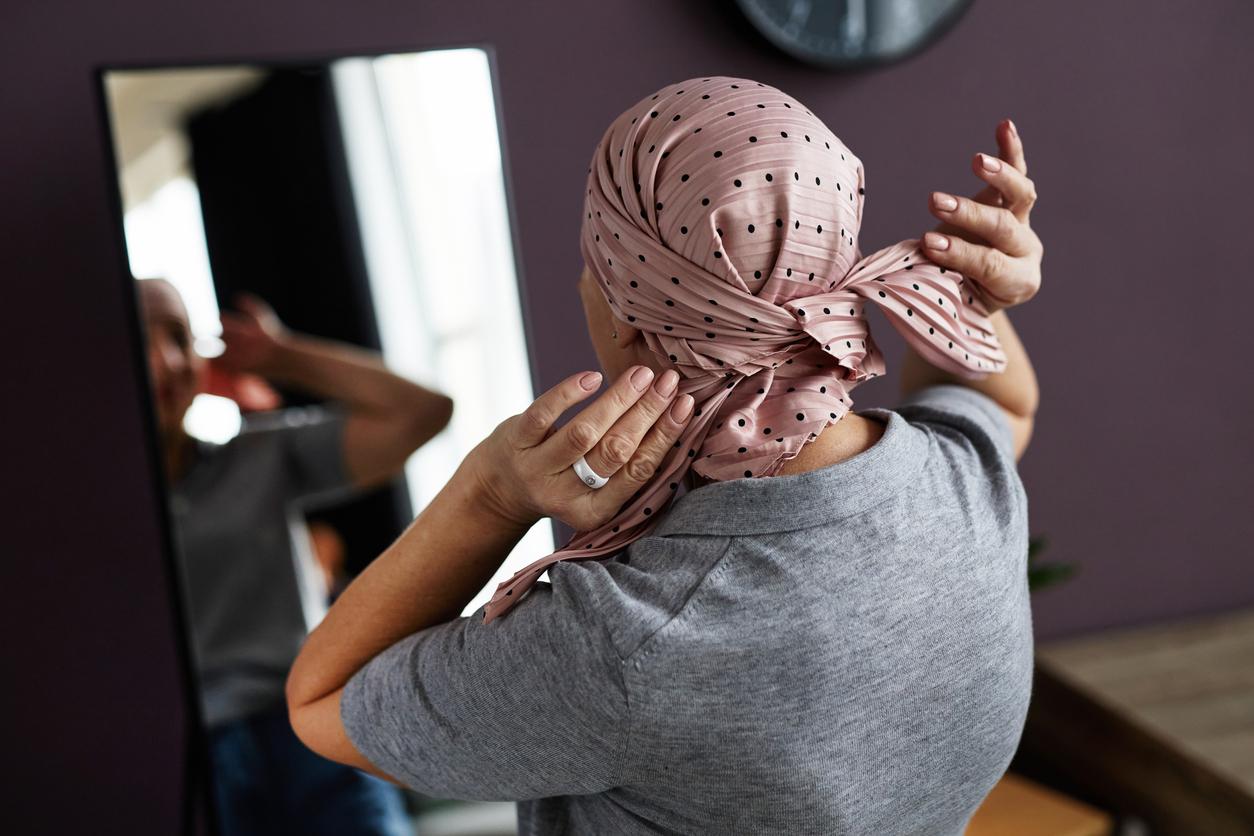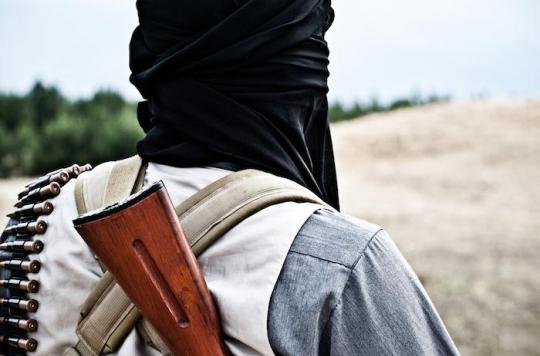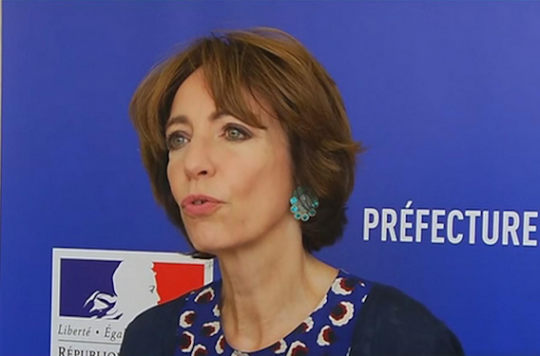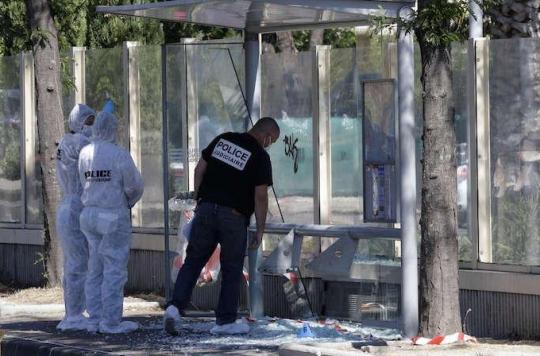One year after the attacks, 55% of French people fear being faced with a risk that puts them in danger, according to a very recent Ifop study. 20% of than 6 years ago.

In 2010, an Ifop survey for the French Red Cross showed that one in three people (38%) said they were worried about being confronted, in their everyday life, with a risk that put them in danger. The greatest concern remained the accident of everyday life.
But six years later, the situation has changed. France was bloodied in 2016 by a wave of terrorist attacks. Result, the French are afraid. One year after the attacks in Paris and Saint-Denis (93), a new study (1) shows that they are now 55% to express their fears about the potential risks to which they are exposed in their daily life. And for 70% of these people, it was the 2015 and 2016 attacks that amplified this feeling.
22% are considering first aid training
In addition, if 66% of our fellow citizens feel well aware of the risks of domestic accidents, they are barely more than a third (35%) to be well informed on the attitude to adopt in the event of a exception, such as attacks, hostage-taking or explosions.
Conclusion of the French Red Cross: “This survey clearly shows that it is not the risks to which the French fear being exposed the most which are those for which they know best how to act. And this gap is even clearer in the event of exceptional situations, ”she adds.
However, the French who have not taken training are still convinced (70%) of needing it. However, they are only 22% to consider training soon.
But this Ifop study carried out at the initiative of the French Red Cross ultimately shows “the entire need to make the greatest number aware of the gestures and behaviors that save and confirms the full legitimacy of making it the Great National Cause 2016”, she concludes.
Next meeting, this Saturday, November 12, 2016, at the Forum des Halles in Paris (2). About thirty volunteer rescuers from the association will offer to learn some of the essential gestures. Among them, alert the emergency services, massage, defibrillate, or even put a tourniquet and treat bleeding.
(1) Study carried out from October 27 to 28, 2016 by telephone interviews, on a sample of 1,050 people representative of the French population aged 18 and over.
(2) from 10 a.m. to 8 p.m. on level -1 of the Canopy
.

















